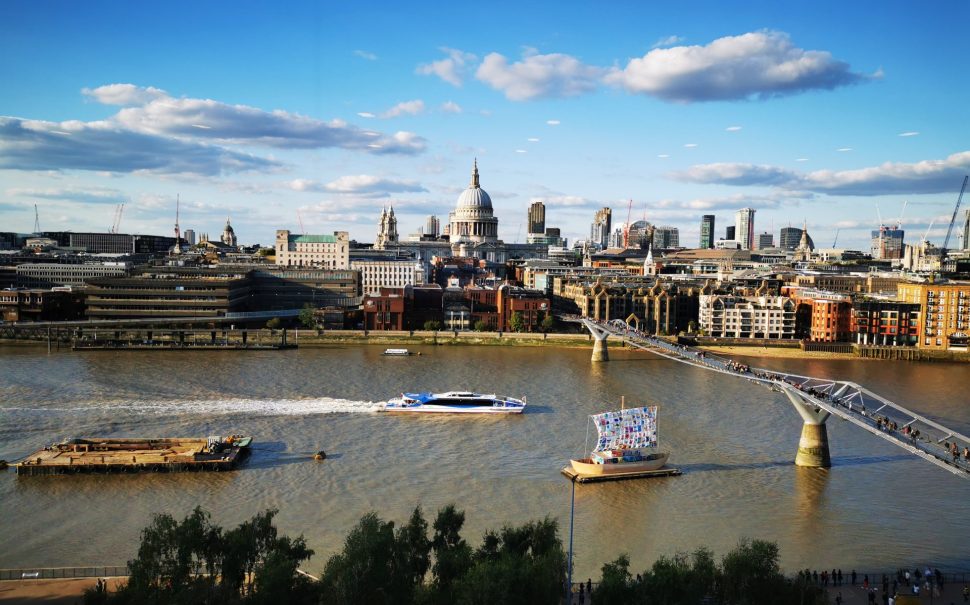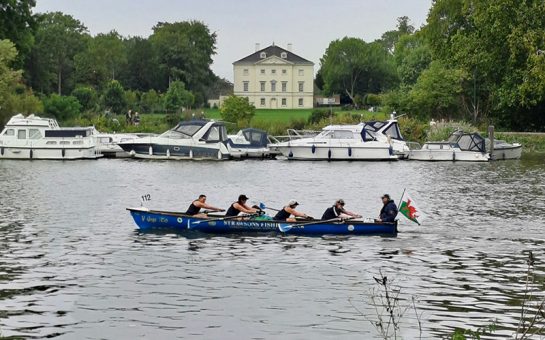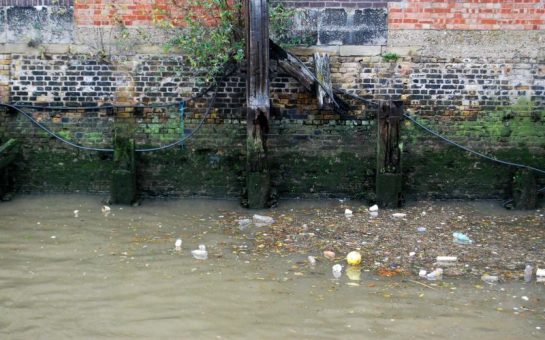Efforts to decarbonise passenger transport on the River Thames are being held back by lack of innovation and investment, the London Assembly’s Transport Committee heard recently.
Giving evidence to the Committee, Chris Livett, the chairman of river logistics firm Livett’s, said that the electrification of passenger vessels was being hampered by lack of supply.
“The large global engine manufacturers still have huge diesel-burning engines for sale,” he said. “They are not providing us with what we want.
“We are at a VHS/Betamax moment with renewable fuels.”
He added that the development of sustainable river transport would depend on which technology the industry decides to invest in.
Wind and solar
Livett told the Committee there is also significant potential to decarbonise transport on London’s river by using renewable energy sources such as wind and solar.
He added: “The Thames is a wide open space. There is an opportunity to create environmentally friendly generating units on piers or using piers to house large batteries.
“But we are a long way off. We need assistance from TfL to achieve this. This is one of the most important things we can do, and we need to do it quickly.”
Post-pandemic bounce-back
Non-touristic river travel, which is largely commuter-driven, is growing in the capital, partly thanks to new piers such as Battersea Power Station and Barking.
Numbers rose from 4.3 million in 2019 to 4.6 million in 2022, bouncing back strongly from the pandemic, when they declined to 15% of pre-Covid levels.
This year they are predicted to reach five million and the Mayor has set a target of 20 million river journeys a year by 2035.
Less stringent regulation
Livett’s concern about lack of progress in sustainability was shared by other members of the panel.
James Trimmer, Director of Planning and Development at the Port of London Authority, warned that emissions from marine transport are not coming down as quickly as they are for road transport, due to less stringent regulation and longer engine lifecycles.
He said: “No marine engine compares to Euro 6 for road vehicles. Turnover of fleets is much slower than on road, so the opportunities to improve are less.”
Change of culture
The Committee was told that the UK also lags behind other European ports in professional maritime training and the exploitation of commercial opportunities on water.
“If you go to the Continent you will find all sorts of education, from entrepreneurship to shipbuilding to running your own passenger boats,” said Livett.
“In Rotterdam and Amsterdam you’ll see car parks and schools on water. We need to change our culture and see how much more opportunity there is than simply passenger boats.”
The London Assembly did not respond to a request for comment.





